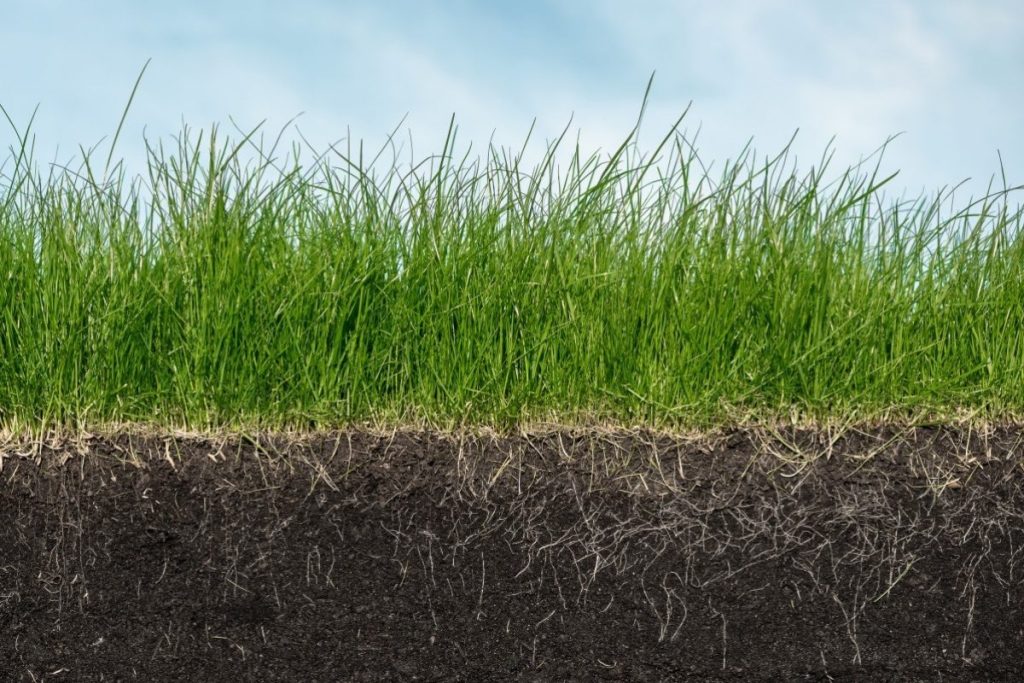“Is carbon farming a real opportunity
for Belgian agriculture?”
workshop
February 23rd 2024

The Belgian Association of Agricultural Economists (BAAE) invites you to the workshop “Is carbon farming a real opportunity for Belgian agriculture?” The workshop will take place on this Friday February 23d from 3pm to 6pm in Louvain-la-Neuve.
Speakers include:
- Professor Goedele Van den Broeck, UCLouvain
- Professor Erik Mathijs, KULeuven
- Mr Nicolas Verschuere, Soil Capital
- Ms Fien Vandekerchove, Boerenbond
A drink will follow the workshop.
The venue is the Ocean room, B002, at the ground floor of the building ‘de Serres’, Place de la Croix du Sud. To reach the building ‘de Serres’ (tower B) at the Place Croix du Sud by train or car, please consult this link: https://uclouvain.be/en/research-institutes/eli/elim/acces.html .
If you arrive by car, free parking without the need for a parking sticker is located nearby: parking Baudouin 1er, at the intersection of Boulevard Baudouin 1er and Avenue du Jardin Botanique, Louvain-la-Neuve.
To register, please send an email to bvleaber@gmail.com with a copy to Bruno.Henrydefrahan@uclouvain.be by February 15 and make sure to pay your BAAE membership fee of 20€ by then for 2024 via https://bvle-aber.be/membership/
| Context The European Commission aims to achieve climate neutrality at the latest by 2050 and negative emissions thereafter. For this, the EU needs to increase carbon removals, i.e., the sequestration of carbon from the atmosphere through technical solutions, and establish sustainable carbon cycles in agriculture. On 30 November 2022, the Commission adopted a proposal for a first EU-wide voluntary framework to reliably certify high-quality carbon removals. The proposal sets out rules for: the independent verification of carbon removals, the recognition of certification schemes. The carbon removal certificates can be used for result-based rewards by private or public sources. At this stage, there is no question yet of greenhouse gas emission offsetting through the mechanism of carbon credits. But, upcoming EU legislation will cover the specific use of offsets. As well as legislation, there are also private initiatives. For instance, in Belgium and France: the Soil Capital platform. Under this system, farmers receive one certificate per tonne of carbon saved. Companies wishing to reduce their carbon footprint purchase these certificates via the Soil Capital platform, making it financially attractive for farmers to reduce their CO2 emissions. However, the prospect of carbon credits raises a number of questions: – Risk of land grabbing by non-agricultural investors or financialization of agriculture with the possibility of raising farmland price? – Marginalisation of small-scale farms which do not have the means in terms of capital and know-how to invest in new practices? – Support to a new green washing? – Agricultural production down and no longer sufficient? – etc. |
Guido Van Huylenbroeck
President BVLE/ABER
Koen Carels
Secretary BVLE/ABER
